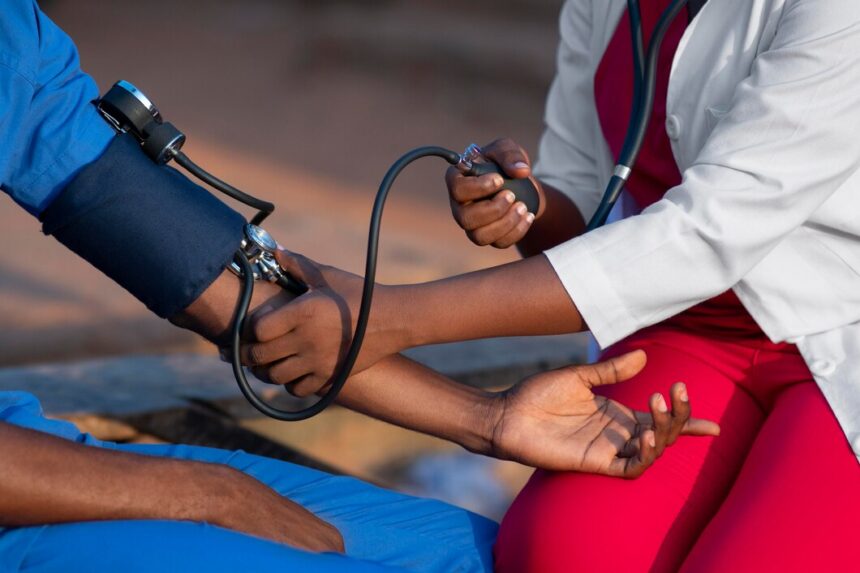Hypertension, or high blood pressure, is a common health condition that, if left unmanaged, can lead to severe complications such as heart disease, stroke, and kidney problems. The good news is that many lifestyle changes and proactive measures can significantly contribute to the effective management of hypertension. In this article, we will explore 10 ways to empower individuals in their journey to manage hypertension and promote overall cardiovascular health.
1. Adopt a Heart-Healthy Diet:
Embrace the Dietary Approaches to Stop Hypertension (DASH) diet, which emphasizes fruits, vegetables, whole grains, and lean proteins. Reduce sodium intake and limit processed and high-fat foods.
2. Maintain a Healthy Weight:
Achieving and maintaining a healthy weight is crucial for blood pressure management. Even modest weight loss can have a substantial impact on lowering blood pressure.
3. Engage in Regular Physical Activity:
Incorporate at least 150 minutes of moderate-intensity aerobic exercise or 75 minutes of vigorous-intensity exercise per week. Activities such as brisk walking, swimming, or cycling contribute to better cardiovascular health.
4. Limit Alcohol Consumption:
Moderate alcohol consumption is acceptable for many, but excessive drinking can raise blood pressure. Limit alcohol intake to moderate levels or consult with a healthcare professional for personalized recommendations.
5. Quit Smoking:
Smoking not only damages blood vessels but also increases blood pressure. Quitting smoking is one of the most impactful steps towards better cardiovascular health.
6. Manage Stress:
Chronic stress can contribute to elevated blood pressure. Adopt stress management techniques such as meditation, deep breathing exercises, yoga, or engaging in hobbies to promote relaxation.
7. Monitor Blood Pressure Regularly:
Regular monitoring of blood pressure at home is essential for individuals with hypertension. This empowers individuals to track their progress and make timely adjustments to their management plan.
8. Limit Caffeine Intake:
While the relationship between caffeine and blood pressure is complex and varies among individuals, it’s advisable to monitor your response to caffeine and limit its intake if it appears to affect your blood pressure.
9. Prioritize Quality Sleep:
Inadequate or poor-quality sleep can contribute to hypertension. Aim for 7-9 hours of quality sleep per night, and establish a consistent sleep routine for optimal cardiovascular health.
10. Medication Adherence:
If prescribed medication for hypertension, it is crucial to adhere to the prescribed regimen. Regularly take medication as directed and communicate with your healthcare provider about any concerns or side effects.
Managing hypertension requires a holistic approach that encompasses lifestyle modifications, healthy habits, and regular monitoring. By incorporating these 10 strategies into your daily routine, you can actively contribute to the effective management of high blood pressure and reduce the risk of associated complications. It’s essential to work closely with healthcare professionals to develop a personalized plan that suits your individual needs. Empower yourself with knowledge and take proactive steps towards a heart-healthy lifestyle.










